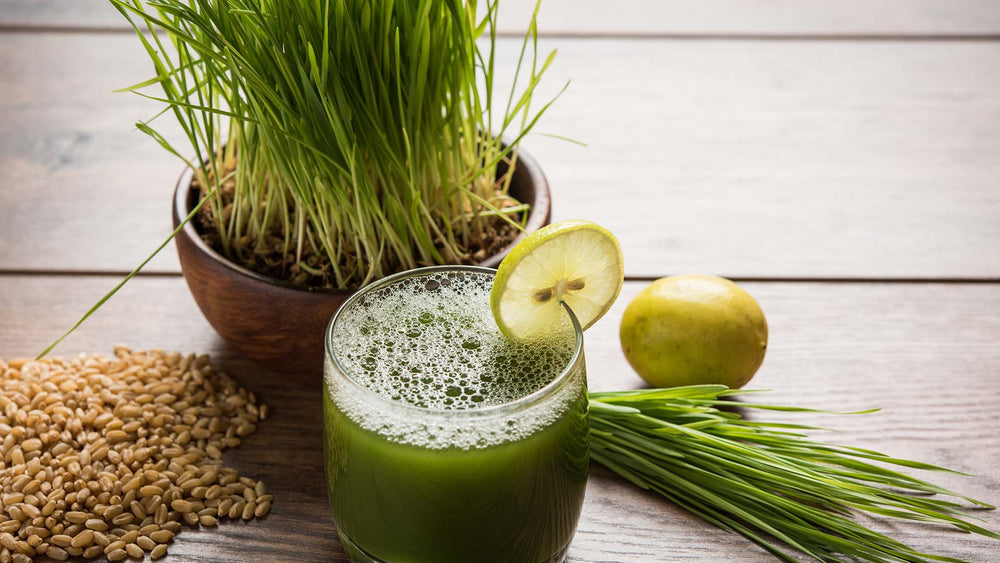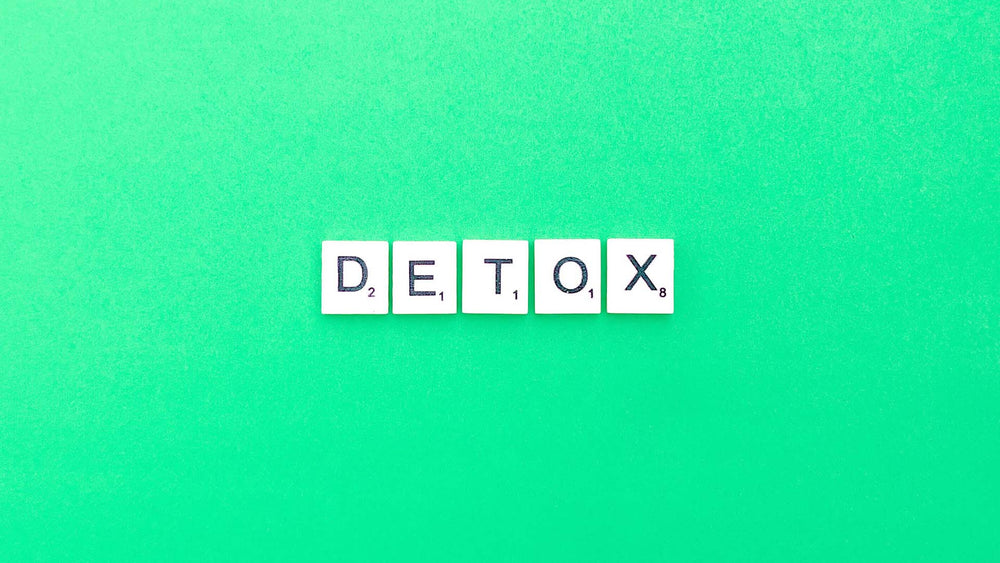Most people get up between 6:30 a.m. and 7:30 a.m. This window of time gives most 9 to 5 workers, parents and students just enough time to get ready for their day.
Most people jump out of bed, shower, gulp down breakfast, dress, and get in the car or walk to the bus or train. But many famous businessmen get up much earlier, even though they could get out of bed any time they want.
Richard Branson, Mark Zuckerberg, Apple CEO Tim Cook, and Dilbert creator Scott Adams wake up between 4 a.m and 5:45 a.m. to get a head start on their work – or their workouts.
Many CEOs, entrepreneurs, and writers begin their day by jogging or working out at the gym. It gets the blood pumping and the energy flowing for better creativity during the workday. They are at their desks by the time most people are staggering out of bed.
Why do so many successful people go to sleep early and get up early? Getting up at the break of dawn shows that you have willpower, which is essential for reaching your goals.
If you can beat the alarm clock and get up when it goes off without succumbing to the snooze button, you definitely have the perseverance to “go the extra mile.”
When you wake up an hour earlier each morning, you’ll have 15 more full days a year to work, play, exercise, or create. Instead of sleeping an extra hour (or lying in bed worrying about what you have to do), you’ll have more time to actually get stuff done.
When you wake up early, between 4 a.m. and 6 a.m., it gives you a competitive edge over people who get up at “normal” hours, usually between 6:30 and 8 a.m.
When most people are just getting out of bed, you’ll be done showering, eating breakfast, taking a walk or exercising, and you may even be well into your first work project for the day.
Why You Should Wake Up Earlier
Wouldn’t it feel great to look up at the clock and see that it’s 10 or 11 a.m. when you finish your toughest project for the day?
Rushing to get work done at deadline-or in the wee hours of the morning may give you an adrenaline rush, but all that stress over getting to the finish line in time isn’t necessarily good for your mind, body or your bottom line.
Think about how it feels when you get up late and rush to get ready for work or errands. You feel grumpy and resentful, and barely have time to eat or prepare for the day. Wouldn’t it feel better to wake up early and relax in the morning, instead of feeling rushed and starting your day in a fog?
At four or five in the morning, you can hear a pin drop, even if you live in a busy city. There’s little traffic, no school children running and talking, no lawnmowers, garbage trucks or loud music. The quiet and lack of outside activity will help you concentrate better and prioritize your goals for the day with distraction.
It won’t be easy to change your work and sleep schedule, especially if you have always been a night owl. Wake up 15 minutes or 30 minutes for a few days, and get up 15 minutes earlier once your body gets acclimated to your new schedule.
The best time to get up for increased productivity is between 4 and 6 a.m. Getting up at four a.m. even a few days a week may be tough for most people to manage, but you’d be surprised how much more you can get done if you wake up at 5 a.m. or 6 a.m.
Even an extra hour in the morning can give you more energy and increase your productivity.
If you get up a five a.m. you can shower, read, eat a leisurely breakfast and do yoga while everyone else is fast asleep. You’ve started your day on a positive note, and you’ll be happy and full of energy for your commute and day at the office.
You may even be able to bike or walk to work (if the office isn’t too far from your home), and reap the benefits of more exercise.
People who work from home can double their productivity (and possibly their income) by getting up just before the sun rises.
You’ll need to go to bed earlier to wake up earlier. There’s no way around this – you’ll still need seven or eight hours to perform at your best, regardless of the time you go to bed or get up in the morning. (Some people can get by with six hours of sleep, but most people need at least seven hours.)
Go to bed at nine or ten the previous night if you want to get up at 5 a.m. Avoid watching TV or browsing the Internet for an hour before you go to sleep.
The first few days you get up early, give yourself a reward by eating a healthy treat for breakfast (a smoothie or sugar-free blueberry muffin, for example) or listening to your favorite music.
Getting up early lets you watch the sun rise – you’ll get to see the dark sky grow lighter and lighter, until the sun lights up the horizon with bright colors.
You get to see the rest of the world wake up if you get up at dawn. If you live in a large city or the downtown area of a smaller one, you can see store managers rolling up steel gates to open their shops.
There’s something poetic about watching near-empty buses glide down the street or street sweepers rolling down the avenue at dawn – whereas later in the day, the scenario looks ordinary and uninspiring.
Keep your Smartphone away from your bed and preferably out of the bedroom. Use an old-fashioned alarm clock and put it on a desk or cabinet and away from your immediate grasp.
When the alarm clock is far enough from your bed that you need to stand up and walk a few steps to shut if off, you won’t have the option of hitting snooze and falling back asleep. You have to get out of bed to turn off the alarm, so you might as well stay up.
How Getting Up Early Benefits Your Health
We’ve all experienced the panic of getting up late, rushing to get dressed and driving to work. The stress of a late start sticks with you all day, and may even cause you to get into trouble at work or miss an important appointment.
When you get up early, you can energize yourself and organize your thoughts for a better day. Here are a few of the health benefits of being an early riser.
You Can Meditate and Do Yoga
Doing yoga and meditating in the morning, even for a few minutes, clears the mind and helps make you body more flexible for daily activities.
Do about ten minutes of your favorite yoga poses to start the day, followed by two to five minutes of meditation. Choose yoga poses according to your mood and desired outcome for the day.
Do the Big Toe, Downward Facing Dog and other stretching poses if you need to calm your nerves and improve flexibility for the day. For a more intense approach perform the Cobra, Bridge or King Pigeon poses, which will help you build up more energy for the day’s activities.

Prepare a Nutritious Breakfast
If you usually skip breakfast or eat Danish on the go, getting up early will give you enough time to prepare and savor a nutritious breakfast. Take time to prepare your smoothie, cheese omelet or other healthy meal. Consume your breakfast mindfully by giving yourself 20 minutes to eat it without distractions.
Eating slowly will help you feel fuller, and prevent mid-morning snacking or overindulging at lunch. When you sleep your metabolism slows down and so does your blood sugar.
Eating breakfast gives your body the vitamins and minerals it needs and revs up your metabolism. Skipping a proper breakfast in favor of a daily coffee and doughnut may cause you to gain weight and deplete your body of essential nutrients.
Make a veggie omelet or breakfast burrito, or warm up some steel-cut oatmeal or groats for your daily share of fiber. (Fiber fills you up and keeps you regular.)
If you don’t feel like cooking, make a kale and blueberry smoothie, a weight-loss smoothie using wheatgrass pills (they’re safer than raw wheatgrass) and your favorite fruit, or a strawberry-banana smoothie.
Take your time drinking it. Listen to music or your favorite podcast at breakfast. Don’t rush through it.
Save preparation time by gathering your omelet or smoothie ingredients the night before and having them chopped and ready to go for the morning.

Get Inspired
Set the tone for your day by reading inspiring books or watching funny or informational videos.
TED Talks and self-help audio books will get you off to a good start and fill you with positive thoughts and creative ideas. Listen to an audiobook on the drive to work instead of repetitive hit music stations or negative talk radio.
Use extra time in the morning to write in your journal about your goals for the day and any concerns you might have from the previous day’s experiences.
Keeping a journal will help you “think things through” on paper so you’ll be better able to handle any problems you encounter.
Enjoy the Peace and Quiet
Your day will be more productive and flow better when you don’t have to stress in the morning. Relax and take it easy when you get up early. You can still do extra work or exercise more, but don’t rush through it to get to the next thing.
Take advantage of time without noisy kids, neighbors. roommates or your Significant Other there to interrupt you.
Most people prefer to use the early morning peace and quiet to gather their thoughts for the day or enjoy a cup of coffee or tea, but the pre-dawn stillness can be a great time to tackle a difficult task or work project.
You will be fresh from seven or eight hours of sleep; there’s no one around to disturb you, and you won’t be “run down” from other concerns or problems. Early morning may be the perfect time to write a difficult report, work on a craft project, or scrub the bathroom.
Get an Early Start with Wheatgrass for Better Nutrition
Wheatgrass, one of the most nutritious foods on the planet, provides all the nutrients you need for optimum health. It must be processed before humans can consume it, and is usually sold as a supplement in pill or powder form..
Although wheatgrass shakes and juices are popular, taking a wheatgrass supplement in pill form is the best and safest way to get all the nutrients this superfood has to offer. (Wheatgrass drinks may contain bacteria from improper preparation and storage.)
Wheatgrass contains chlorophyll, the green pigment found in plants. Chlorophyll has all the antioxidant and anti-inflammatory vitamins you need to stay healthy, including Vitamins C,A, E, zinc and magnesium. (Magnesium is the main component in chlorophyll.)
Wheatgrass also has selenium, copper, Vitamin K, B-Complex vitamins, iron and manganese. You’ll also find over 300 enzymes unavailable in other foods, and several amino acids.
Wheatgrass Love offers three wheatgrass-based products- Happy Girl (for emotional balance), Zeal O2 (for weight loss and maintenance) and REVV (for energy and focus).
Every product also has extra nutrients for more health benefits. Green tea extract, goldenseal, ginger, cayenne pepper and gotu kola are just a few of the ingredients used in Happy Girl Mood Enhancing Supplement and Zeal 02 Weight Loss Supplement..
Chewable, chocolate mint flavored REVV Energy Wafers contain caffeine, L-Taurine, Periwinkle herb and Choline Bitartrate to give you enhanced concentration and clarity.
All three supplements are made in the U.S.A. and contain no gluten or GMOs. All supplements are tested by an independent organization for quality, and manufactured according to Good Manufacturing Practice (GMP). Learn more about Wheatgrass Love supplements here.
















